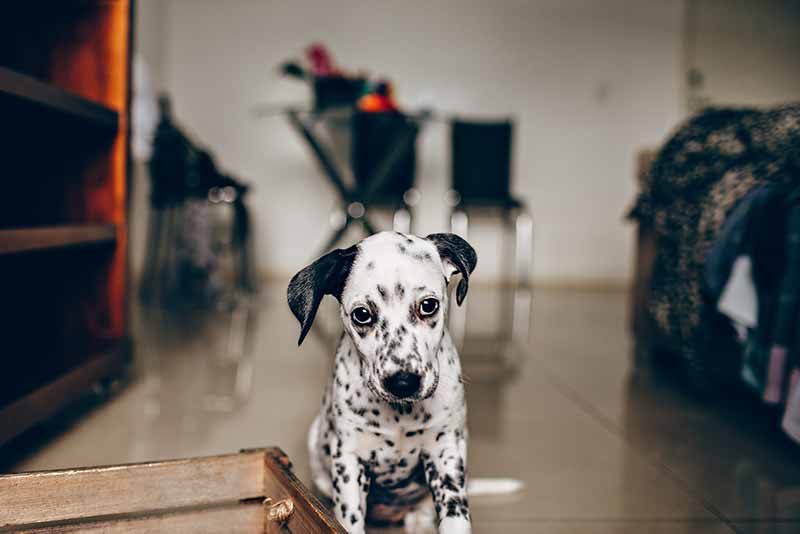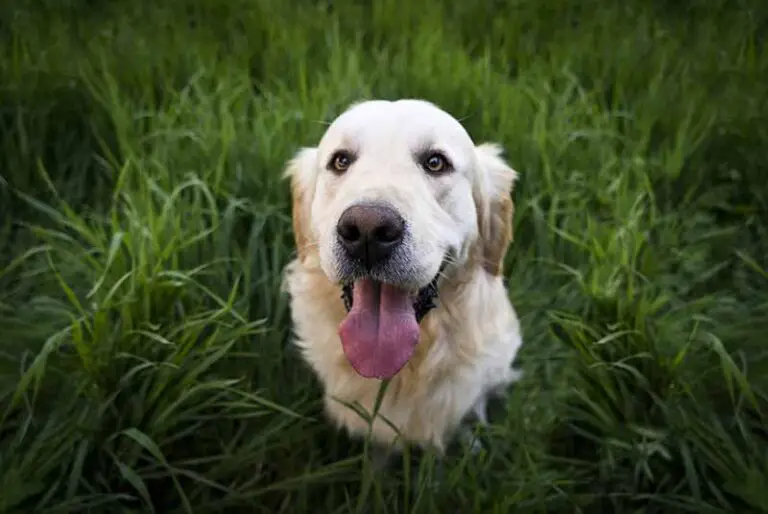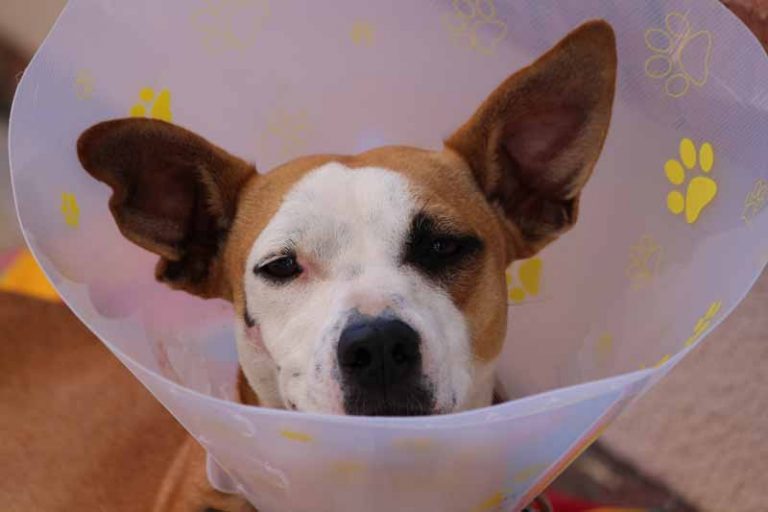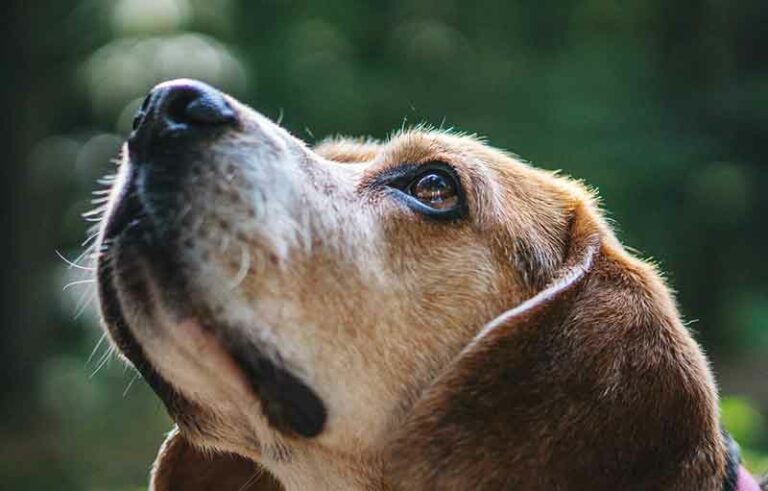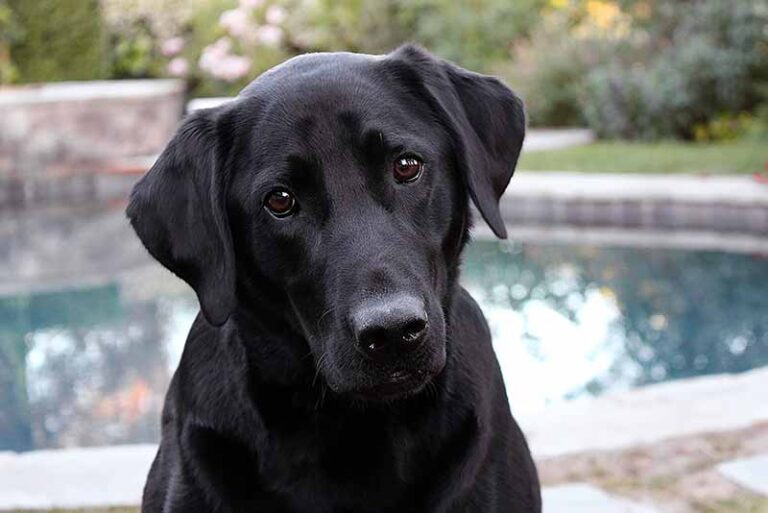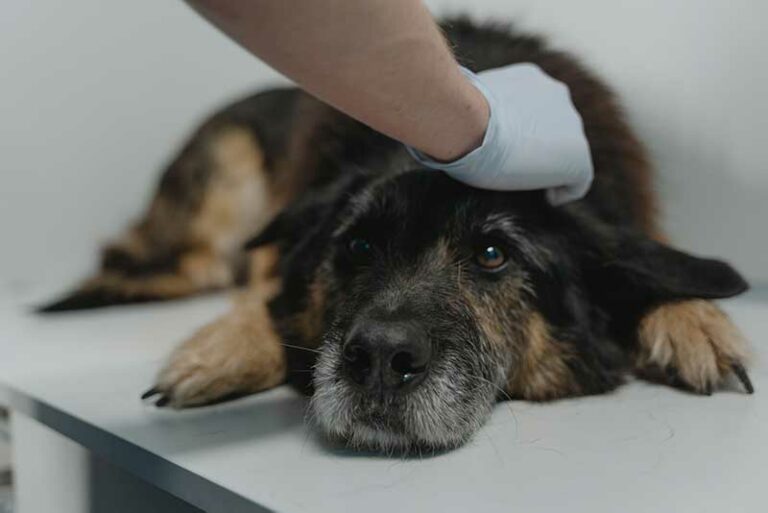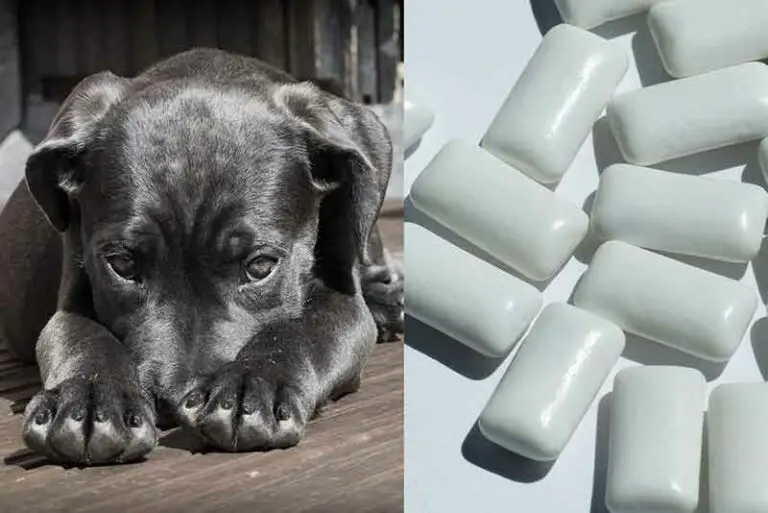My Dog Is Acting Drunk And Wobbly After Exercise – Why?
It can raise concern when suddenly your fluffy girl starts displaying unsettled behaviour. It might appear as though she has lost all coordination, exhibiting what we call 'wobbly behaviour'. This could include loss of balance, swaying, leaning or difficulty in standing. Though it may occasionally appear amusing, it is a significant health issue warranting immediate attention. In this article, we delve into the potential causes of this alarming behaviour in dogs.
So, why do dogs start acting drunk and wobbly after exercise? There could be three reasons for this, including vestibular disease, ear infection, or your pet having a stroke. Either way, it’s better to check any issue with the vet before it’s already late.
Most of the time, we suspect that our doggo friend is acting this way due to tiredness after exercise. But we should keep in mind that if we read the situation wrong, it could worsen the issue with time without proper medication.
So, if you ever get the question, “why is my dog acting drunk and wobbly after exercise?” The best thing to do is to take him to the animal clinic as soon as possible.
Why Is My Dog Walking Like She Is Drunk?
There are several reasons why a dog is wobbling or acting drunk. But today, we’ll explain four of the most common diseases amongst canines that make doggos wobble while walking.
They are Myasthenia Gravis, Vestibular Ataxia, ear infection, and stroke. But, if I just name them down, you’ll never understand what these health conditions are.
So, let me give you a short and sweet description of all those.
- Ear Infection
Like humans, a dog’s body is balanced by her ears. If something happens to the ear, we lose our body balance in most cases.
Therefore, we could safely assume that your pet doggo has an ear infection. So, whenever you get the question of why my dog is acting drunk and wobbly after exercise, there are a few things you should check.
- Is your dog shaking her head all the time?
- Is she trying to touch her infected ear with her paw?
- Is she refusing to eat her favorite food?
There are the most common symptoms of an ear infection. If you can tick these in your checklist, your girl probably has an ear infection.
So losing her balance will happen whenever her body balance is tossed around due to the illness.
It might look like a small, hurtless problem in the ear, but believe us, if this is left untreated, it will be lethal for the poor dog.
- Strokes
It is prevalent among senior dogs with other health issues such as cancer, heart disease, kidney failure, etc.
The most common symptoms include wobbling while walking, tilting the head, unusual behavior, and inability to coordinate limbs.
Even though strokes are pretty rare in dogs, it’s one of the things that cause wobbling and acting drunk in dogs.
Also, exercising outside with your pet on a hot day makes the animal susceptible to heat strokes. If so, don’t forget to have lots of small breaks and give the pet some water.
Do take medical advice as soon as a stroke happens, so the girl can get proper medication if there are any underlying health issues.
- Vestibular Ataxia
The dog’s body balance system, or the vestibular system, has two parts: the peripheral portion and the central portion.
The first consists of the inner and the middle ear, while the latter are the brain parts that control the body’s balance.
Other than the wobbliness, walking in circles, falling towards one side, vomiting, and rapid eye movements are some other symptoms.
So when you ask why my dog is acting drunk and wobbly after exercise, vestibular ataxia might be the reason.
- Myasthenia Gravis
When a canine acquires or inherits this disorder, they’ll experience a malfunction in coordinating brain signals with muscles and nerves.
Basically, your dog will be incapable of carrying out what she thinks. Most of the time, this disease is acquired rather than inherited.
The difficulty of breathing, uncontrolled drooling, and uncoordinated movements are common symptoms. In short, your pet won’t be able to close her eyes even when sleeping.
Why Does My Dog Act As Drunk And Wobbly After Exercise?
Many tired dogs tend to limp after extreme physical activities, yet this condition is different. So, whenever you think my dog is acting drunk and wobbly after exercise, it can not be just because of high physical exertion.
It would help if you keep in mind that dogs start working abnormally drunk when they either lose their balance or can not coordinate brain signals with nerves and muscles.
Moreover, ear disorders and stroke could cause this behavior too. So, check out for any unnatural movements in your pet and hurry to your veterinarian as soon as possible.
Therefore, the diagnosis will be quick, and your pet will start the medication he desperately needs.
Why Is My Dog Wobbly And Disoriented?
The main indications of disorientation in dogs are tilted head, squinting, droopy eyelids, rolling or falling on one side, inability or an unsteady walk, unable to stand, vomiting, etc.
If you ever notice these symptoms, you’ll wonder if my dog is acting drunk and wobbly after exercise. Disorientation and wobbliness do not accompany physical exhaustion all the time.
It could happen any time, anywhere. Therefore first carefully monitor if these only occur after exercise or happen frequently. Either way, the best advice is to see a vet before anything gets worse.
What Does Exercise Intolerance Look Like In Dogs?
Some pooches experience difficulty engaging in an exercise from the start until the end. But that’s natural for some dogs.
But when a full enthusiastic, energy-filled dog suddenly starts backing out of exercises and physical activities, that’s a bright red flag for any dog owner.
Simply, your pet will be experiencing an intolerance of exercise or fatigue. It can happen due to prolonged excessive physical activities.
Moreover, it could also be a pointer to many underlying medical conditions. (Heart problems, pneumonia or bronchitis (respiratory issues), low blood sugar issues related to the spinal cord, genetic disorders, heat strokes, etc.)
You will notice your dog lethargic, uncoordinated gaît, fever, reluctance in getting physical, collapsing, and drooling. This disorder, too, should be diagnosed as early as possible for a proper cure.
So, are you a pet parent wondering why my dog is acting drunk and wobbly after exercise? Then I hope you have now been relieved of any doubts.
Thank you for reading this post. Stay tuned with Jack Russell Owner for more interesting posts.

